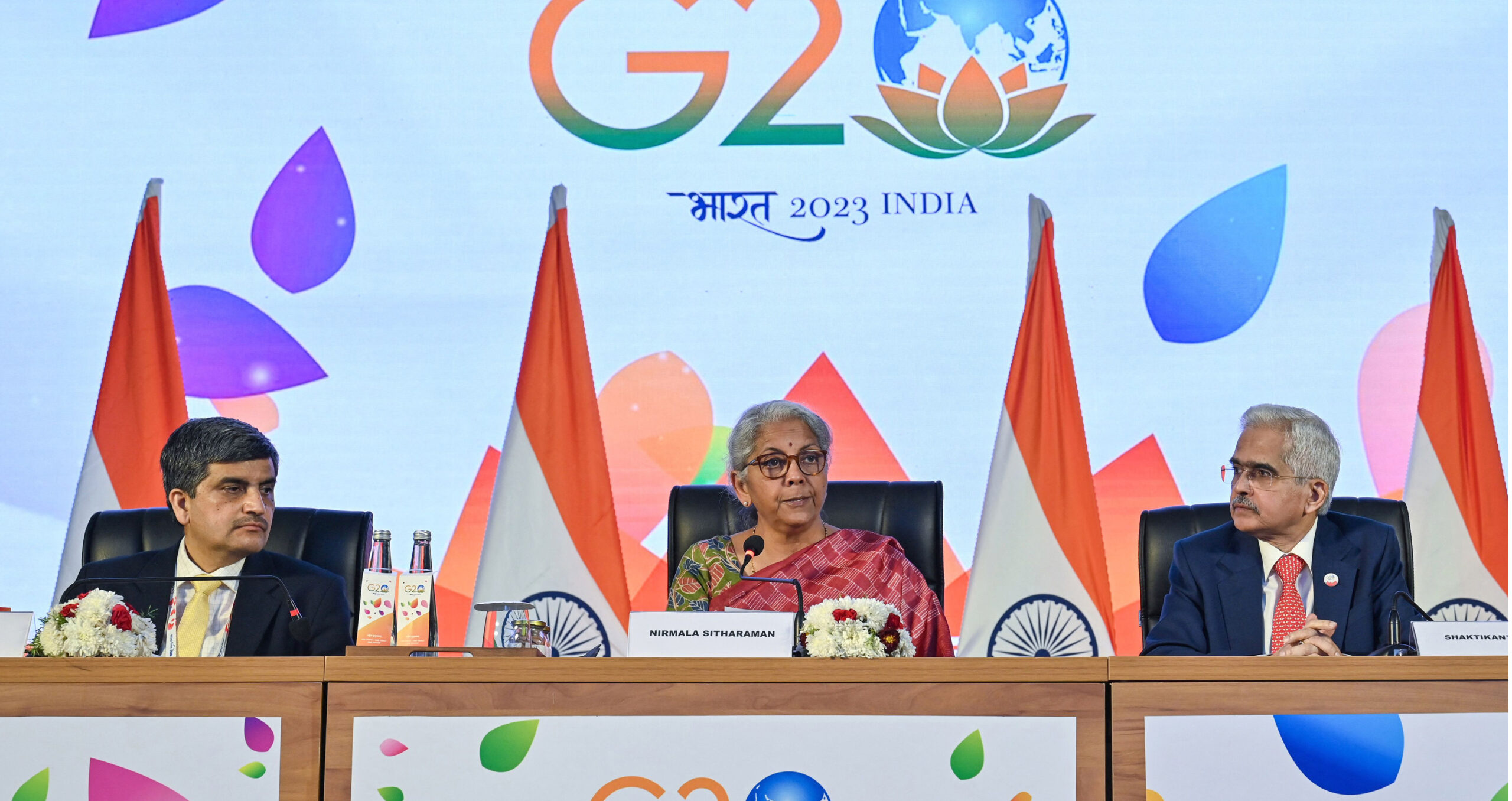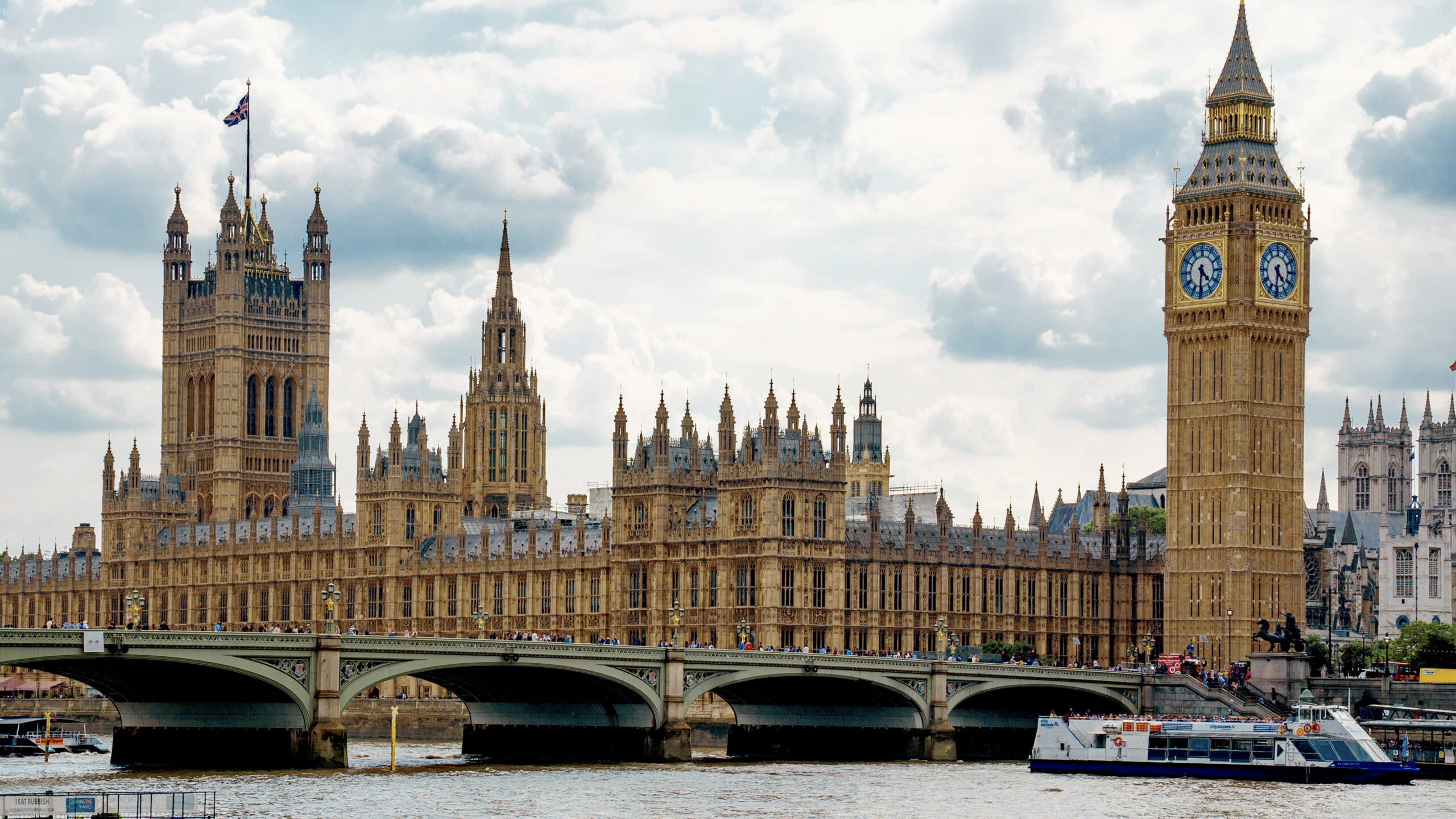

The global common framework would focus on nature-related data and reporting and consider social impact.
At a meeting held in Bengaluru during India’s G20 presidency, finance ministers and central bank governors of the world’s largest economies have called for the creation of a global framework that would facilitate the financing of the UN’s Sustainable Development Goals.
The G20’s Sustainable Finance Working Group has been tasked with developing such framework, which should also take into consideration the specific needs of countries depending on their level of economic development.
During the gathering, which took place on February 24 and 25, finance ministers and central bank governors discussed a range of climate matters, including the International Sustainability Standards Board’s disclosure standards, which will enter into force next year.
The G20 officials noted the commitment made by developed countries to mobilise $100bn a year by 2020 to support developing economies’ green transition, which was unmet, and that this commitment stands to 2025.
They also highlighted the need to scale up climate finance, and that this should come from a mix of private, public as well as multilateral sources.
“Building on public and private initiatives, we ask the Sustainable Finance Working Group to develop an analytical framework for enabling finance for SDGs, with initial focus on nature-related data and reporting and social impact investing, taking country circumstances into consideration,” a summary of the meeting read.
“We encourage members to share challenges and policy experiences for the compendium of best practices for financing SDGs by jurisdictions, international organisations and the private sector.”
The working group was first established as the Green Finance Study Group in 2016. It took its current name in 2021 and was mandated to build “an initial, evidence-based and climate-focused G20 sustainable finance roadmap, improving sustainability reporting, identifying sustainable investments, and aligning international financial institutions’ efforts with the Paris Agreement”.
Common framework, different needs
India’s G20 presidency carries the theme of “One earth, one family, one future”. While the country — which is set to become the world’s most populous this year — is one of the biggest producers of renewable energy, its financial sector and its tendering activity for variable renewable energy are falling behind the nation’s climate targets.
The country has, however, reformed its green bond rules to bring these in line with international standards. It also raised $1bn through its first green sovereign bond issuance this year.
The Bengaluru meeting recognised the need for multilateral development banks, such as the World Bank, “to evolve given the scope and complexity of transboundary challenges and the resultant increase in demand on their lending resources, knowledge support, and for catalysing private investment”.
In January, the World Bank called for more funds to help it respond to climate change and other crises, including the war in Ukraine and the fallout from the coronavirus pandemic. The G20 meeting agreed to strengthen MDBs and acknowledged the World Bank’s appeal for more support.
Nick Robins, a professor in practice at the London School of Economics’s Grantham Research Institute on Climate Change, noted the importance of taking countries’ individual circumstances into account. A useful sustainable finance framework would help to join up the environmental, social and economic components of sustainable finance and explain how these overlap, he said.
“We need common and consistent frameworks” to ensure efficient flows of capital, he told Sustainable Views. “But obviously, we need to make sure those are tailored to the particular circumstances of different countries,” he continued, citing the differing needs of countries such as Germany compared with those of India.
“When we’re starting up with creating sustainable finance markets, you may need a lot of public finance,” he said, involving subsidies for renewables and development banks.
“But that time is now over, because those projects have become commercial, and therefore many renewable projects can now be done with pure private sector money,” he added.
With the planned framework placing early focus on nature-related data, Robins noted that finance for nature is largely public and at an early stage.
“A sign of progress for the nature side would be to see that shift from a public-first approach to more reliance on private finance, because that shows the markets are becoming more mature,” he said.
Similar Articles

In Charts: Canada, Japan, South Korea ‘blocking clean energy transition’ with fossil fuel finance



